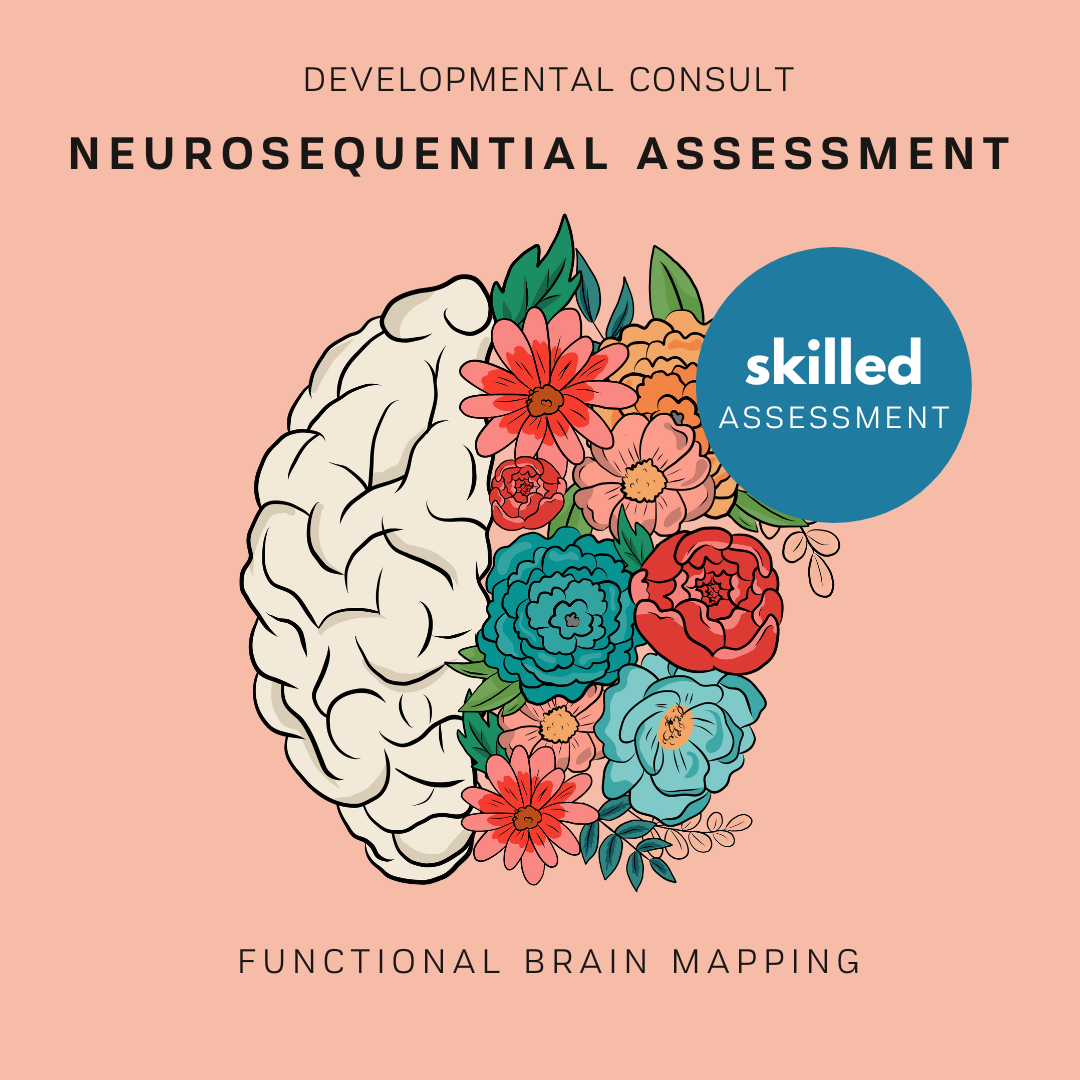
Play is often talked about as if it were a relief from serious learning.
But for children,
play is serious learning.
Consultation and Assessment
-

Parent-Child Play Observation
The very act of engaging each other in intentional, cooperative play provides ways to regulate and guide your child’s behavior—communicating warmth, joy, and safety through meeting challenges together.
This helps kids internalize a sense of safety and security that they can access when you need to set a limit or redirect behavior later.
Parent-child play and non-verbal communication are foundational building blocks for self-regulation, soothing, and mutual trust.
We’ll figure out together what approach will be the best fit for your goals and how play therapy or family support might help.
-

Developmental Assessment
Understand how neurodiversity and early life stressors can influence your child’s learning style, relationships and communication skills, self-regulation, sleep or sensory needs.
This approach utilizes Dr Bruce Perry’s Neurosequential Model of Assessment and Therapy, creating a visual map of functional nervous system development and clear treatment recommendations to support your child’s strengths.
We’ll collaborate to create a plan for their best support that is trauma-sensitive, developmentally-focused, sensory-smart, and neurobiologically-informed.
-

Consultation + Supervision
I offer supervision for clinical licensure to Professional Counselor, Marriage and Family Therapist, and Mental Health Counselor associates working with children and teens in Oregon. I also offer clinical and business-oriented consultation for licensed mental health professionals. I do not currently work with graduate student interns.
Quarterly, I co-facilitate CE courses. Sample topics include: Sandtray therapy, Neurodiversity-affirming play therapy, and Nature-based therapy methods.
Please use the button below to reach out about scheduling a consult or the possibility of group supervision.